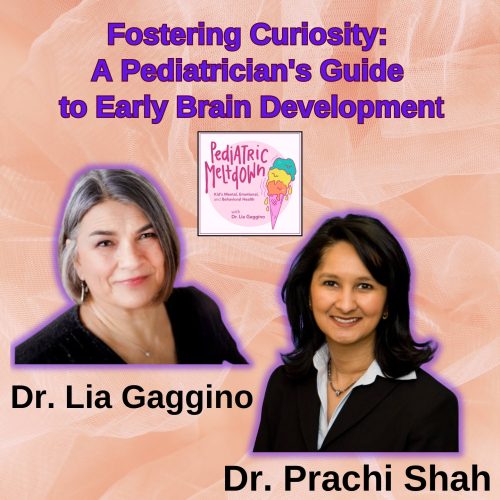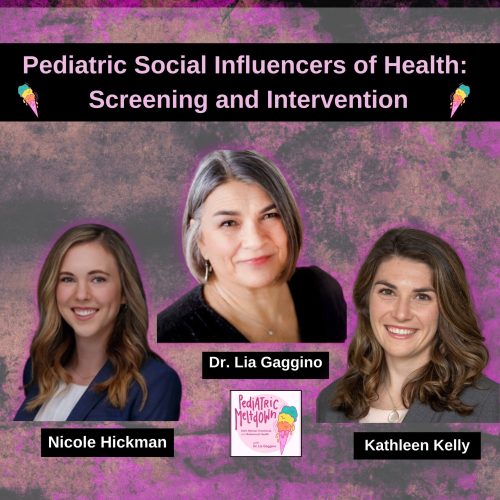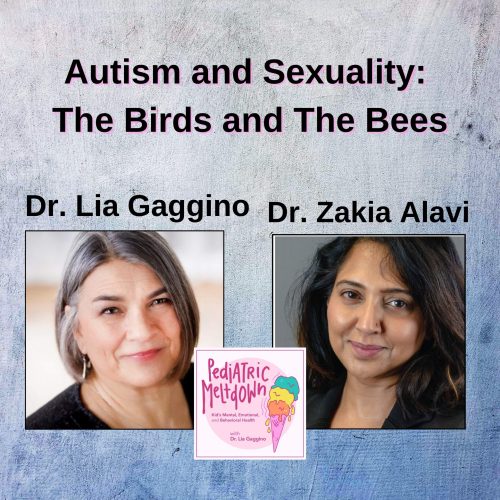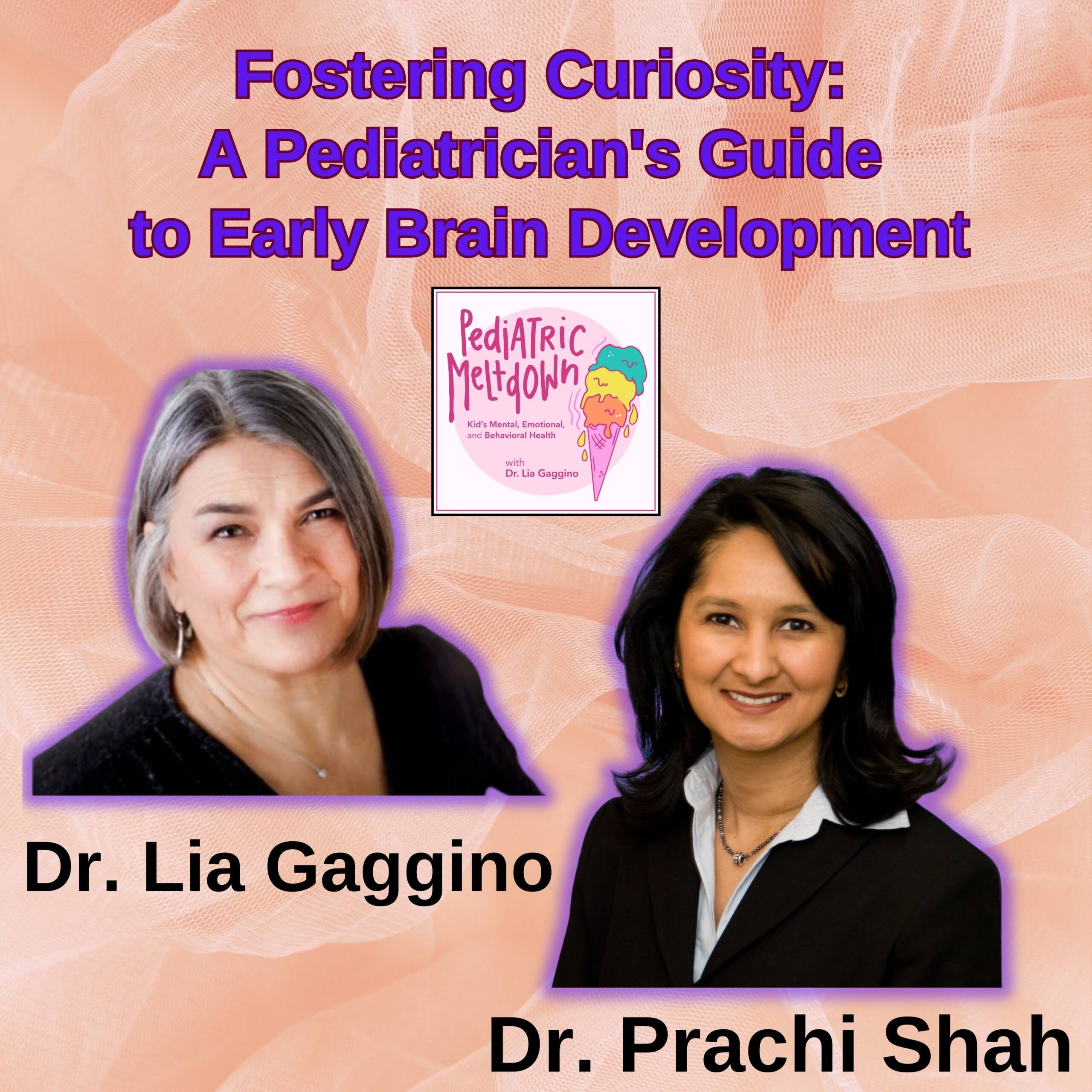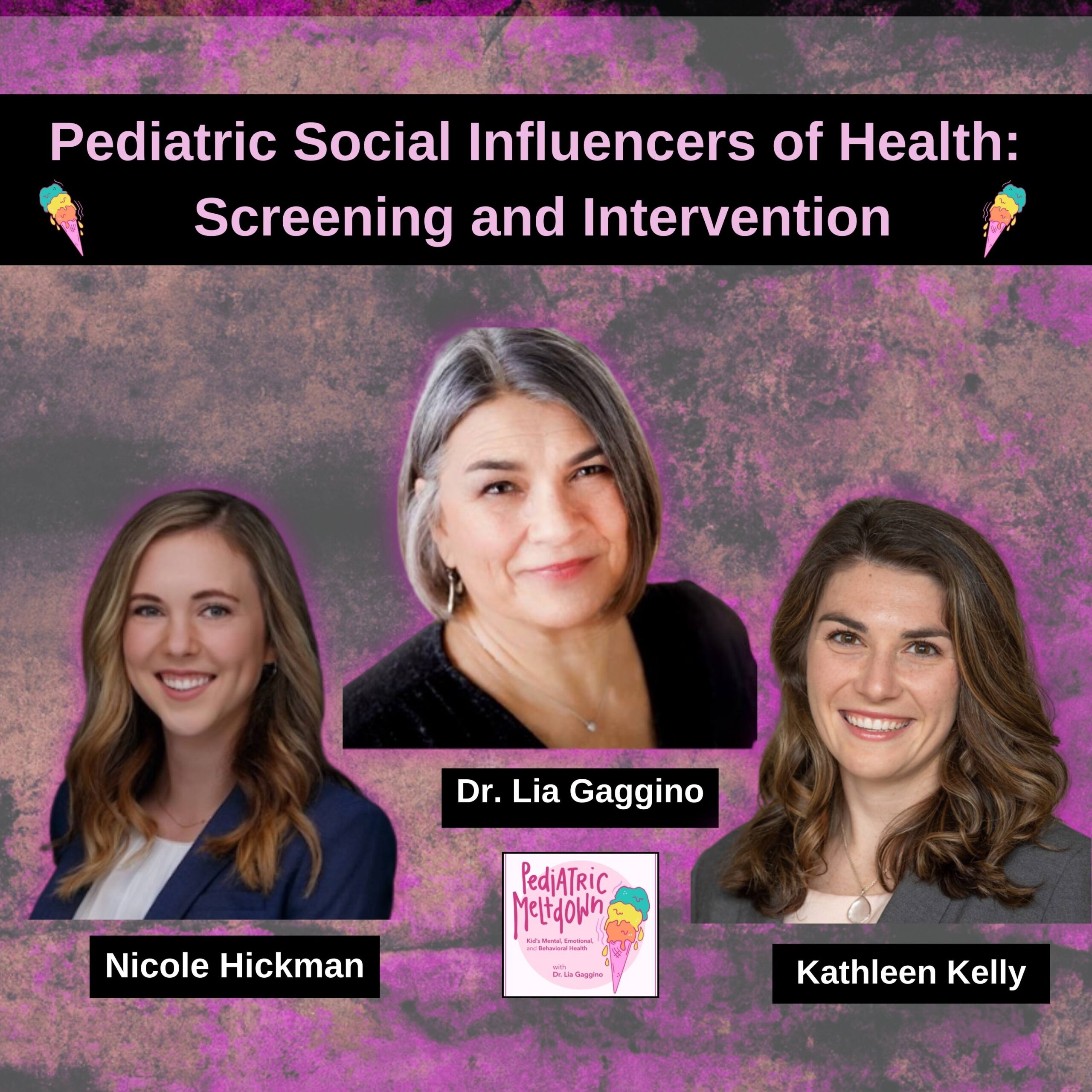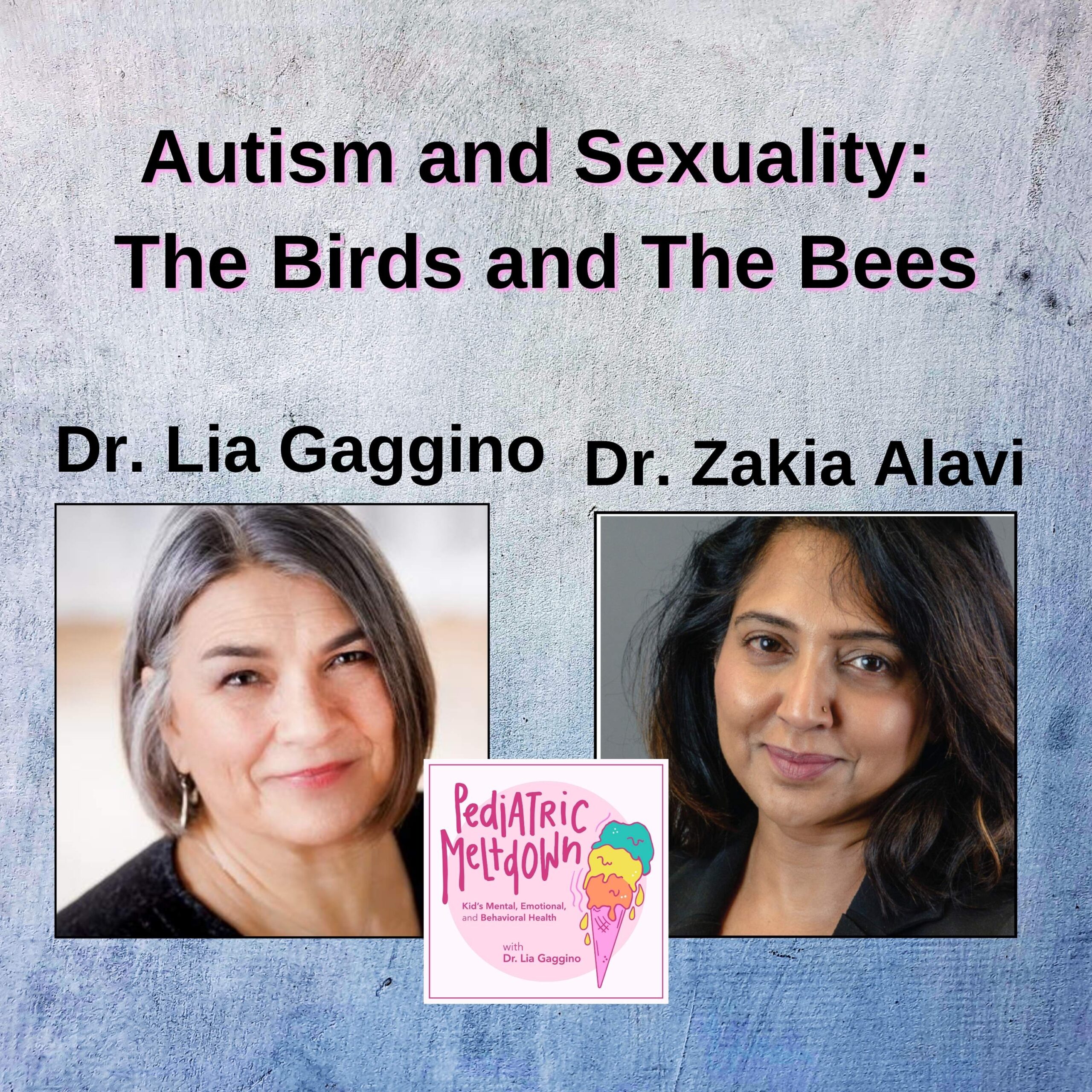Mental health is a crucial aspect of our lives, yet it’s often neglected and stigmatized. Dr. Lia Gaggino and her guest, Dr. Carol Chen, will discuss the delicate subject of self-harm and how it pertains to mental health in this episode of Pediatric Meltdown. They examine the numerous causes of young people’s self-injury as well as the risk factors and comorbidities that go along with it. You’ll learn about Dialectical Behavioral Therapy (DBT), a successful therapy, and how parents can help their kids who engage in self-harming behaviors. For parents, educators, and mental health professionals who want to address self-harm in a helpful and constructive way with advice on coping methods, particularly for adolescents struggling with self-injurious behaviors, this episode will provide significant insights and tools. as technology develops. However, it’s crucial to be knowledgeable about mental health concerns and recognize the symptoms of distress in our loved ones and in ourselves. It is essential to establish a forum for open discussion and greater knowledge of the resources accessible. By addressing the underlying causes of self-harm, we can assist teenagers in developing healthier coping strategies and enhance their general wellbeing. So let’s all work together to end the stigma associated with mental health problems, get those who need it some care, and encourage one another as we go through this healing process.
[00:33 -11:15] Blurring the Lines: The Challenge of Identifying Self-Injury Intentions
- Self-injurious behavior is an umbrella term for actions that result in physical injury to oneself, including suicidal and non-suicidal behaviors
- Non-suicidal self-injury specifically refers to behaviors where harm is intentionally caused to one’s body for reasons not socially recognized or sanctioned, without the intention of ending one’s life
- Examples of non-suicidal self-injury include cutting, scratching, burning, hair pulling, and punching objects
- It’s important to differentiate between suicidal and non-suicidal behaviors for proper risk assessment and intervention, but the distinction can be blurry at times.
[11:16 -20:08] Understanding the Psychological Underpinnings of Self-Harm
- Self-injurious behaviors have diverse reasons and psychological functions
- Some teens may self-harm to rebel or seek attention, while others do it out of desperation or depression
- Self-harm is often used as an unhealthy coping mechanism to deal with difficult emotions and to feel in control
- Some use it to distract themselves or to feel something, as they may feel numb in their daily lives
[20:09 -28:50] Childhood Trauma and Self-Harm: Understanding the Link and its Implications for Treatment
- Self-injury is associated with mental health disorders like anxiety, depression, eating disorders, substance use disorder, PTSD, and personality disorders
- Childhood trauma, especially sexual abuse, is linked to an increase in cutting behavior
- Borderline personality disorder includes self-harm as one of its nine criteria
- Teenagers may exhibit borderline personality traits, including cutting, but are not diagnosed with personality disorders due to their developing personalities
[28:51-40:50] How Medications Can Help Heal Trauma and Unleash Inner Happiness
- SSRIs can be used to treat anxiety and depression
- Alpha agonists like Guanfacine or Clonidine can be helpful for impulsivity and trauma response
- Naltrexone can be used for repeated self-injurious behavior
- Abilify or Risperdal can be used for intellectual disability or ASD aggression
[40:51 – 47:00] Closing segment Takeaway
You can reach Dr. Carol Chen
Twitter: @carolchenmd1
Links to resources mentioned on the show
AACAP Self-injury in Adolescents Facts for Families: https://www.aacap.org/AACAP/Families_and_Youth/Facts_for_Families/FFF-Guide/Self-Injury-In-Adolescents-073.aspx
Online information for parents: When Children and Teens Self Harm. Healthychildren.org
Management of Self-injurious Behaviors in Children with Neurodevelopmental Disorders – A Pharmacotherapy Overview: https://www.ncbi.nlm.nih.gov/pmc/articles/PMC6555654/
AACAP – 13 Reasons Why
Covid-19 and Self Harm
Handouts and worksheets for intervention:
http://www.selfinjury.bctr.cornell.edu/perch/resources/distraction-techniques-pm-2.pdf
Other episodes you may like:
Episode #140
Eating Disorders: Avoidant/Restrictive Food Intake disorder (ARFID)
Key quotes for Twitter:
“All self-injurious behaviors, regardless whether they’re suicidal or non suicidal, are to raise our worry level. They are all signs of distress.”… Dr. Carol Chen
“Most commonly self harm is used almost as an unhealthy coping mechanism to deal with very difficult emotions and to release some sort of pain and tension and anxiety.”… Dr. Carol Chen
THANK YOU FOR YOUR SUPPORT!
Pediatric Meltdown was listed as a Top 20 Pediatric Podcast on FeedSpot.
If you’d like to connect with me, you can Tap the “What Are Your Thoughts” button at the top of the notes or you can find me on LinkedIn, Facebook, Instagram, and Twitter, or email me at [email protected] or [email protected]. To learn more about me visit https://www.medicalbhs.com/
LOVE WHAT YOU HEARD? Leave us a 5-star review so we can continue to provide you with great content. Share this episode and help people know more about children’s health and well-being.



